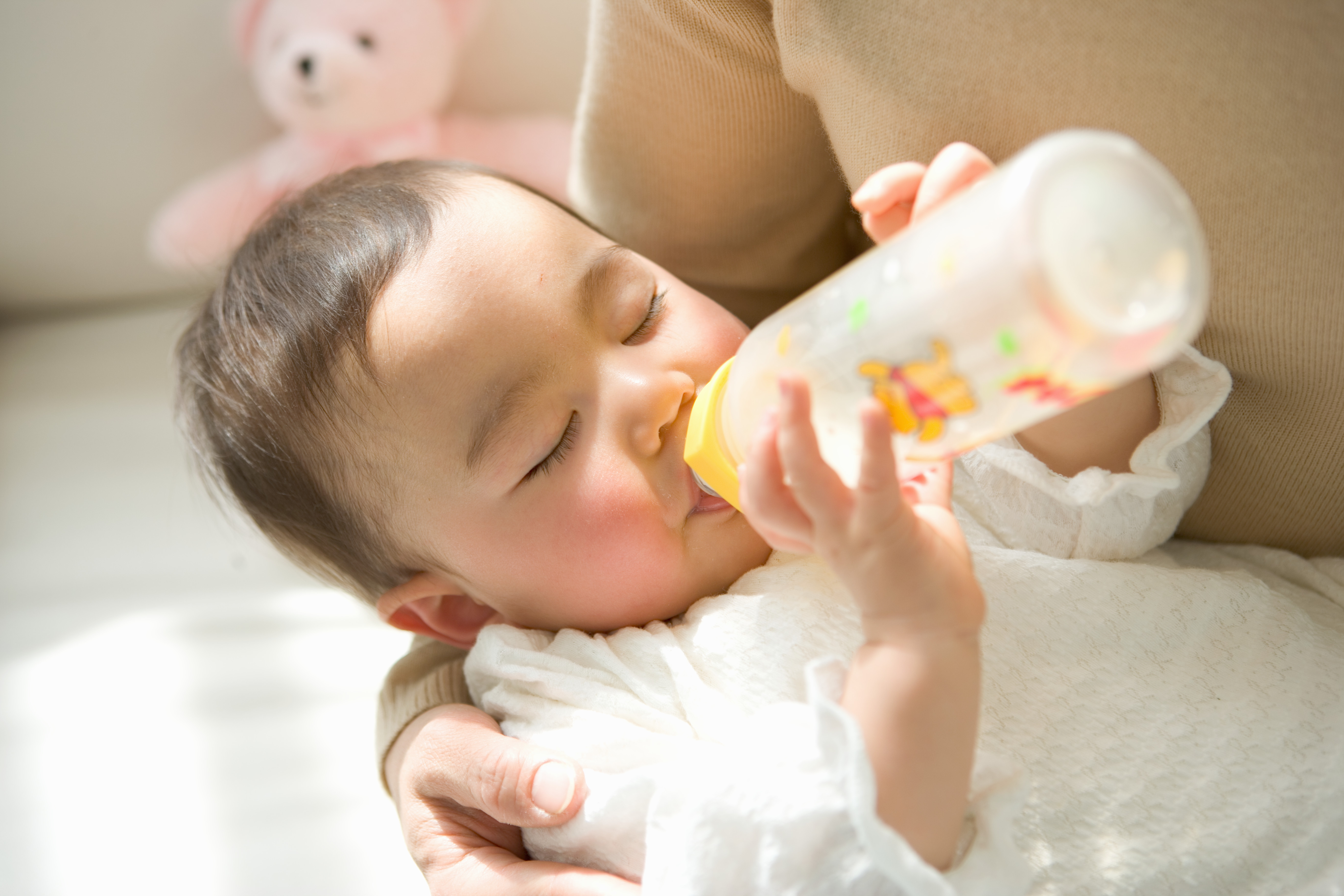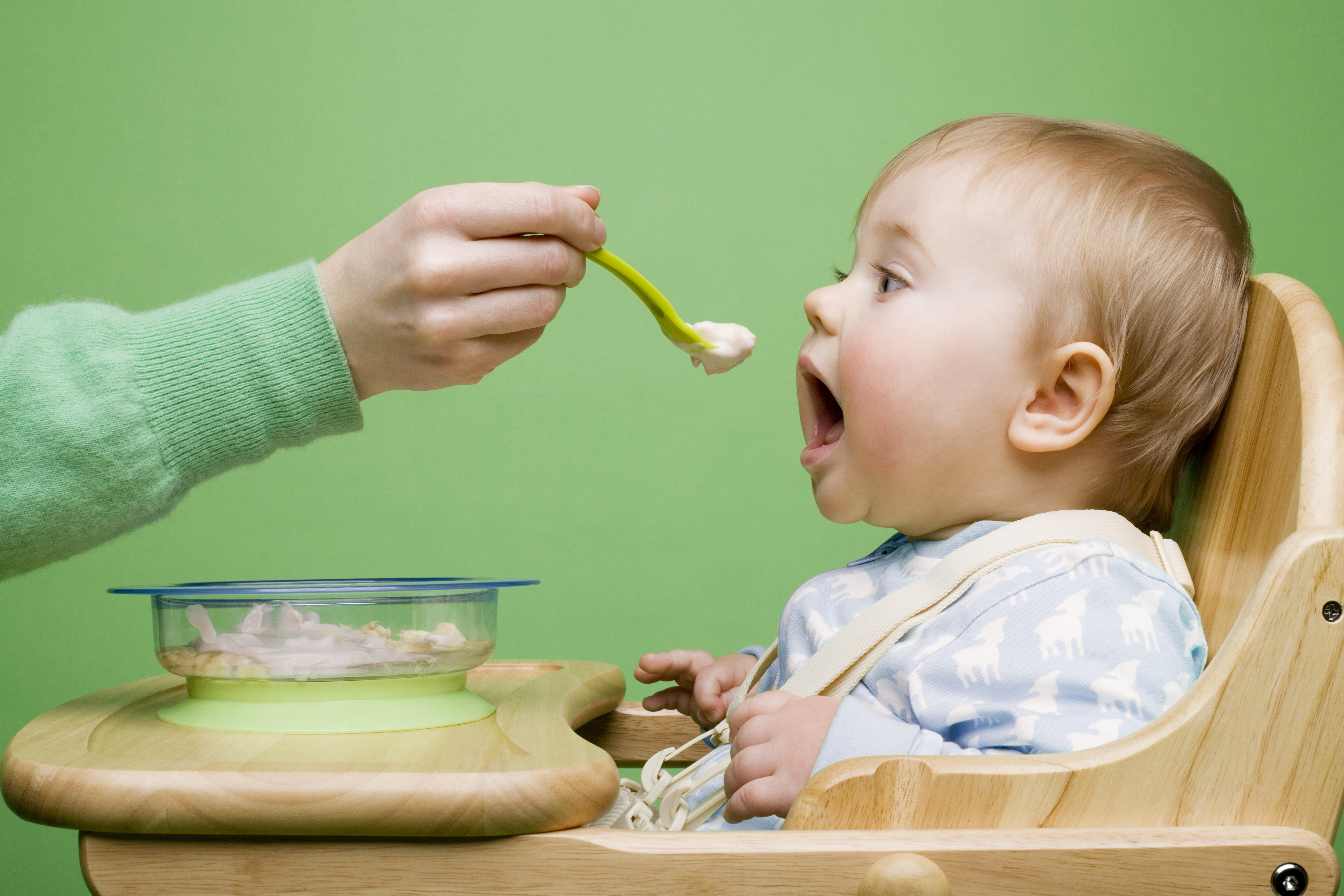With the entire nation undergoing a shortage of baby formula, many parents are struggling to find the nutrients their child needs to develop healthily.
As grocery store shelves are cleaned out, the parents who are fortunate enough to have baby food in stock at home are doing what they can to make every ounce count.
In a desperate attempt to keep their child fed, some parents are trying to make their cans of powdered formula last longer by diluting the mixture with more water and using less powder.
However, Dr. Mona Amin, a pediatrician with Pediatric Associates, says these well-intentioned parents are actually doing more harm than they might realize.
Get South Florida local news, weather forecasts and entertainment stories to your inbox. Sign up for NBC South Florida newsletters.
Can I water down my baby's formula to make my supply last longer?
"What some parents are doing is, in order to make the can of powdered formula last longer, they are putting more water than is recommended for each bottle," says Dr. Amin.
However, pediatricians like Dr. Amin strongly advise against tampering with the water-to-formula ratio listed on the packaging of the baby formula.
Adding extra water to powdered baby formula over-dilutes the mixture, offsetting the nutritional composition in the bottle. Additionally, it adds extra water to a child's body.
Dr. Amin says these two factors can both create health issues for developing babies.
BABY FORMULA SHORTAGE
What harm could my child face by ingesting over-diluted baby formula?
Because the powdered baby formula is already supposed to be mixed with water, many parents may not realize the potential danger of just adding a little more.
According to Dr. Amin, one of the main concerns with over-dilution is that the baby will be consuming bottles of formula with imbalanced nutritional composition, thereby not getting all the nutrients needed for proper growth.
Additionally, she says the baby will be drinking more water than is recommended, which it then may not be able to filter out properly.
Babies do not have fully-developed kidneys, and drinking more water than their bodies can filter out can lead to electrolyte abnormalities.
What are electrolyte abnormalities and why are they dangerous?
Sodium is an electrolyte. Over-consumption of water can result in a baby having low sodium levels.
Dr. Amin says that in her time as a pediatrician, she has seen these low sodium levels result in complications like hyponatremia, and in dire circumstances, seizure activity.
This can present a great danger to a child in these early stages of development and should be avoided at all costs.
“I would much rather you go to the emergency room to receive formula than even try to change the recipe of your formula,” says pediatrician Dr. Rebekah Diamond.



